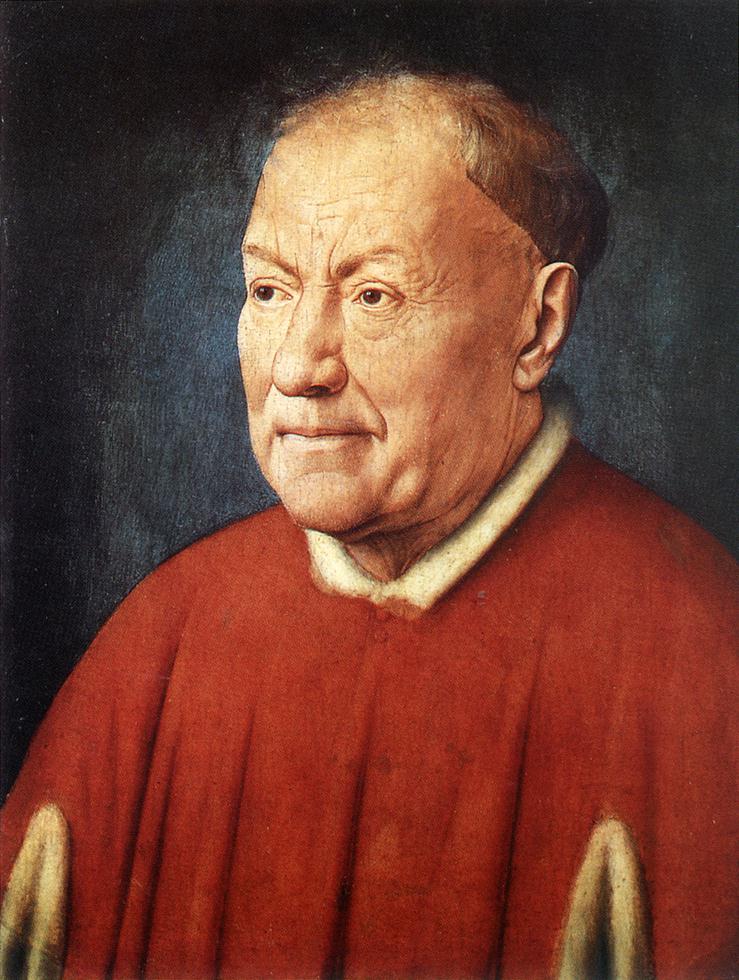Description
The Portrait of Cardinal Niccolò Albergati, painted by Jan Van Eyck in 1431, is a Flemish Renaissance masterpiece noted for its exceptional artistic style. The painting shows the cardinal seated on a throne, with a serene expression and penetrating gaze that captures the viewer's attention. The composition of the work is very careful, with a precise perspective and a balanced symmetry that creates a sensation of harmony and order.
Color is another prominent aspect of the painting, with a rich and varied palette that includes warm and cool, light and dark tones, masterfully combined to create a sense of depth and realism. The use of the oil painting technique, which Van Eyck mastered to perfection, allows great precision in the representation of details and a richness of textures that make the work even more impressive.
The history of the painting is also fascinating, as little is known about the cardinal portrayed and his relationship with Van Eyck. It is believed that Albergati was sent to Flanders by the Pope to negotiate an alliance with Duke Philip the Good of Burgundy, and that he took the opportunity to commission this portrait from the famous Flemish artist. The fact that Van Eyck included his signature and the date of the work on the painting suggests that he was especially proud of it.
There are some little-known aspects of this work that make it even more interesting. For example, Van Eyck is believed to have used a convex mirror to paint the background of the work, allowing him to capture light and detail more precisely. It has also been suggested that the cardinal might be holding a letter in his right hand, which could be a reference to his role as a diplomat.
In short, Jan Van Eyck's Portrait of Cardinal Niccolò Albergati is an exceptional work of art that stands out for its artistic style, careful composition, masterful use of color, and fascinating story. It is one of the most important paintings of the Flemish Renaissance and continues to be a source of inspiration and admiration for art lovers around the world.

